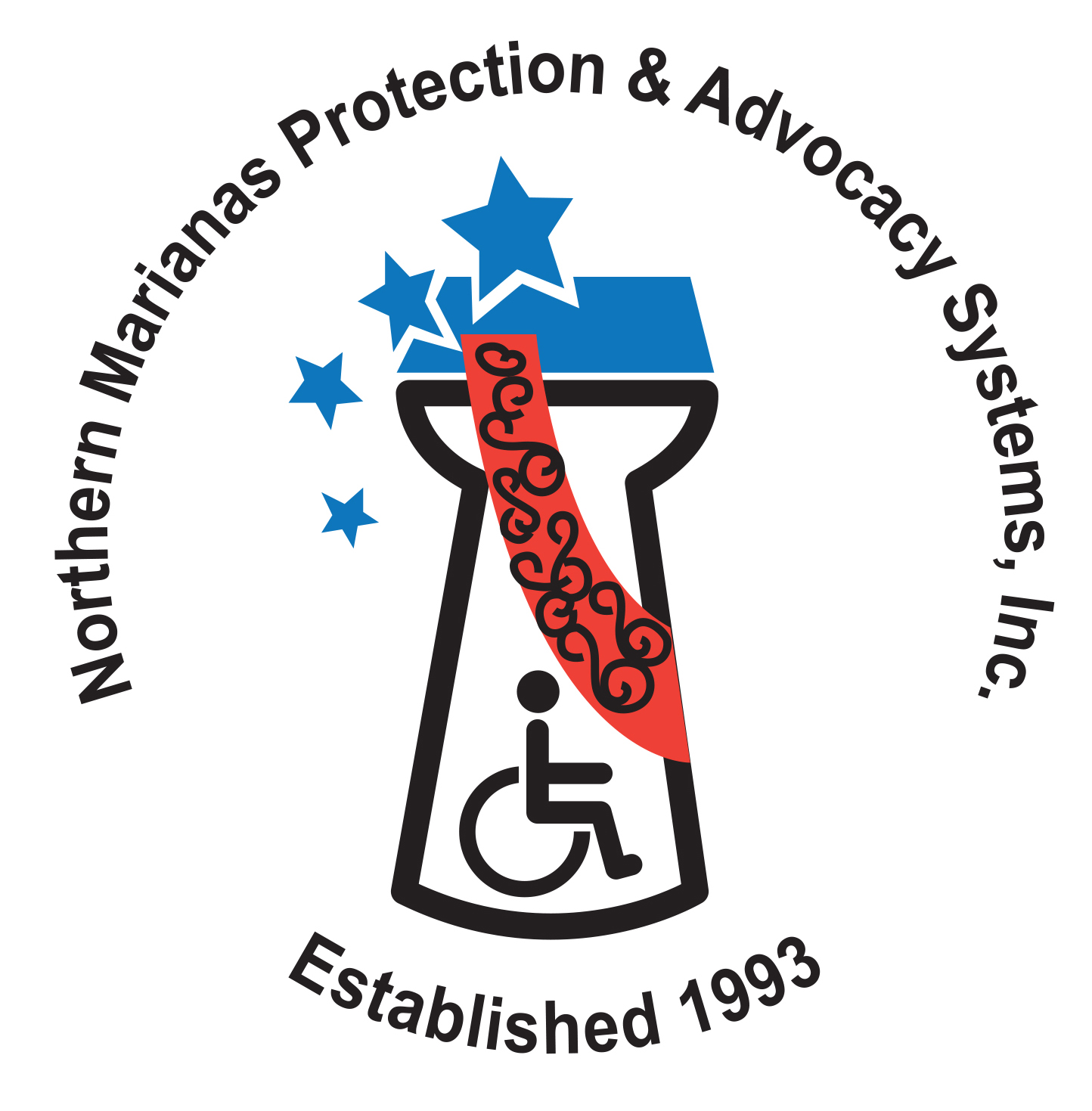I HAVE been a student for a long time. I’m not just talking about being a life-long learner, but as a student in pursuit of a higher educational degree.
My greatest hang up in my studies has been my loathing of mathematics. I first took Algebra back in the late 80’s in the 9th grade and as it so happens I also earned my first “F” in school. Summer school before my sophomore year earned me another “F”antastic grade in Algebra, and I was frustrated. I just couldn’t get it. Finally in my senior year, my counselor placed me in Career Math, which was great. I learned to balance my checkbook, count correct change and write a check properly. These are things I could use in my life, not Ax^2+ Bx=C. Suffice it to say I passed the class, although with only a “D.”
After high school I heard of this term Dyscalculia: difficulty learning or comprehending arithmetic, such as difficulty in understanding numbers, learning how to manipulate numbers, and learning facts in mathematics. It is generally seen as a specific developmental disorder. Maybe this was something I was struggling with? Or was I just being lazy?
A few years back my older son was in Junior High School he started bringing home Algebra homework. I was at a loss to help him. It seemed my shortcomings were going to ultimately affect his learning as well. I spoke with a good friend, who is a teacher and math enthusiast, on how I could best help my boy. He graciously offered to tutor my son during lunch (he worked at the same junior high). My son would have to come into the Resource Room (Special Education Department) for help. I asked my son if that was ok for him, because there is a stigma attached to students who go to SPED for tutoring. He told me he didn’t care, as long as he passed his class. Getting the help he needed was his priority.
Twenty-six years after my first failure in conquering Algebra, I finally had to step up and do something about it. Math was the one thing holding me back from moving forward toward my degree. I enrolled in Math 91 and a semester later Math 132 at NMC. The instructors at the college helped me understand concepts in new and different ways than I learned back in my high school years. The way one student solves a problem may be quite different from how another solves the same problem. This opened my eyes to a whole new way of learning. Through hard work and perseverance I finally completed this basic requirement to continue on my educational journey and I thank my instructors who made this possible.
As I prepare to take the PRAXIS exam, I think back on my struggles with this subject, and I think about students today who may also be experiencing the challenges I faced. For those where dyscalculia is a reality, there are resources for you in the public schools and accommodations of which you can avail in college. The first step is breaking down the barriers of Stigma and asking for the help you need.
For more information about services for students with specific learning disabilities or accommodations while pursuing your college degree, please contact NMPASI at 235-7273/4.
GREG BORJA
NMPASI Projects Specialist

